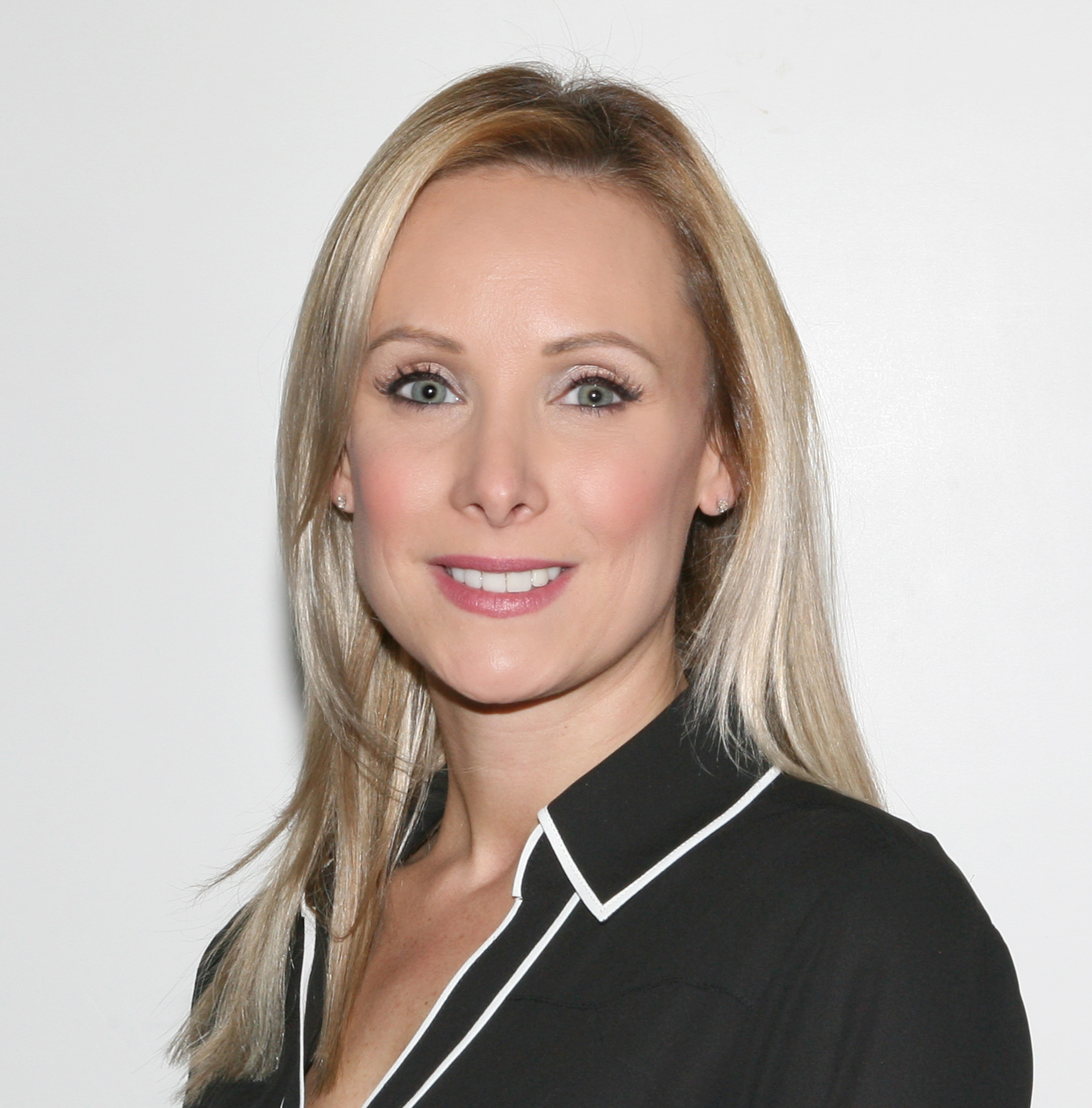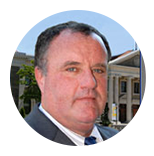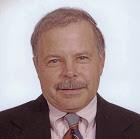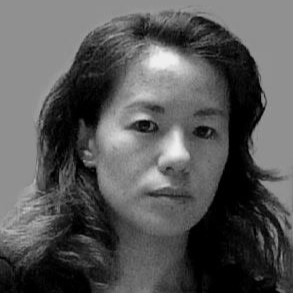How can I make sure my witness is really an expert?
Certifications and credentials should be carefully examined in your expert witness selections. Do they have the proper training, education, professional memberships, certification, and necessary experience) Attorneys should be aware that persons who advertise as handwriting analysts or document examiners may be self-trained or trained as graphologists. Groups outside of the mainstream forensic science organizations abound.
What is a "Board Certified" Document Examiner?
No federal licensing exists for FDEs. To recognize qualified FDEs in government laboratories and private practice and to promote the advancement of forensic science, the ABFDE was established in 1977 with a grant from the U.S. Department of Justice. In United States v. Buck, 1987 WL 19300 (U.S. Dist. Ct. S.D.N.Y.) the court recognized the existence of the ABFDE as a certifying body for forensic document examiners in denying a motion which claimed handwriting comparisons were unreliable. By referring to the ABFDE, if was satisfied "that professional scientific knowledge in the subject area exists and is sufficiently reliable to be of assistance to the jury."
Minimum qualifications for ABFDE certification are:
- Baccalaureate degree
- Full-time training program in a recognized document laboratory
- Full-time practice of forensic document examination
Anyone selecting an FDE should beware of sound-alike organizations that claim to have their own certification. Job announcements from federal and state laboratories that hire FDEs consistently include certification by ABFDE or eligibility to be certified by ABFDE as a required or desired qualification. No recent job announcement has acknowledged another certifying board for FDEs.
Has a competent document examiner received specialized training?
Like most forensic disciplines, on-the-job specialized training from experienced examiners is the only way to acquire expertise. No substitute exists for a legitimate structured training program. Forensic document examination does not lend itself to autodidactic learning or to correspondence courses.
Is Graphology the same as Forensic Document Examination?
Graphology or graphoanalysis attempts to predict character traits from handwriting examination. Forensic document examination involves the analysis and comparison of questioned documents with known material in order to identify, whenever possible, the author or origin of the questioned document. Some graphologists call themselves handwriting analysts or document examiners and are therefore confused with FDEs. In U.S. v. Bourgeois 950 F 2d 980 (5th Cir. 1992), the court rejected the testimony of a proffered handwriting examiner, in part, because his training was completed through a correspondence school and strongly emphasized graphoanalysis. But it also pointed out that the witness was not certified by the ABFDE.
- American Academy of Forensic Sciences (AAFS) (Questioned Document Section)
- American Society of Questioned Document Examiners (ASQDE)
- American Board of Forensic Document Examiners (ABFDE)
Where can I find a qualified forensic document examiner?
Attorneys should search for FDEs who are active members in the recognized national and/or regional forensic science organizations. The following is a list of such organizations.





